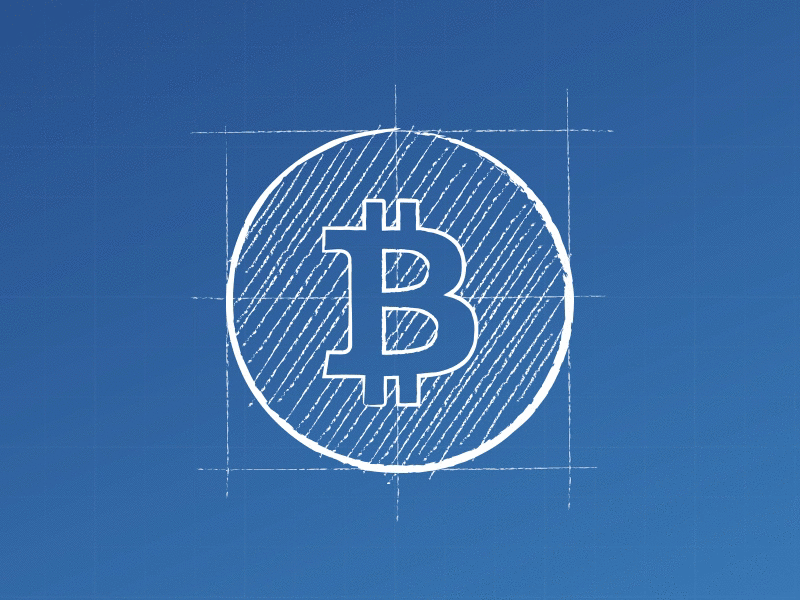Top 5 Bitcoin Payment Alternatives to Stripe

With the recent news from Stripe removing Bitcoin as a payment option for its merchants, shop owners with a crypto-itch look elsewhere for ways to accept the world’s most popular cryptocurrency. With nearly a dozen options to choose from — choosing the right Bitcoin Stripe alternative can be a difficult one.
Bitcoin became a popular choice for online shop owners for a variety of reasons: low payment processing fees (upwards to 3% vs. less than 1% per transaction), elimination of chargebacks, increased fraud prevention, and the potential for capital gain from the stellar rise of Bitcoin.
Below I’ve outlined (in no particular order) the top 5 Bitcoin e-commerce solutions to replace Stripe.
Blockonomics — Be your own bank
- Pros: Blockonomics transactions are charged a cheap 1% fee for unlimited transactions, with your first 10 transactions are free. They also accept numerous cryptocurrencies using a built-in integration with Shapeshift. To reduce mining costs for purchasers, Blockonomics is also Segwit compatible — making it a must if you’re having trouble with customers unhappy with high miner fees. Payments go direct to your own wallet too — letting you own your Bitcoins instead of holding it at an exchange.
- Cons: Blockonomics does not allow for instant fiat conversion upon payment delivery, meaning you’ll have to send it to your local bank manually.
CoinGate — Fiat friendly
- Pros: CoinGate holds a similar fee structure at 1% transaction fee for as many transactions as you’d like. Similar to Blockonomics, they do allow you to accept 50+ cryptocurrencies beyond Bitcoin using Shapeshift. CoinGate merchants are also Segwit compatible for optimal mining fees and speed. Also, incoming Bitcoins can be converted to fiat in real-time.
- Cons: Payments you’ve received are held in CoinGate’s wallet until you‘re ready to transfer them out.
BitPay — Fossilized payment processor
- Pros: Founded in 2011, BitPay is one of the largest payment processors for Bitcoin. You haven’t looked into Bitcoin payments if you haven’t at least looked into BitPay. Much like Blockonomics and CoinGate, their transaction fees are capped at 1% for unlimited transactions.
- Cons: Watch out for additional network fees that are passed on to your customers — especially lower priced orders. Similar to Coingate, funds are received and held in the BitPay wallet. BitPay has not moved forward yet with Segwit compatibility. Also, they only accept Bitcoin for purchases, and have a strict identification verification process.
BtcPay — BitPay’s bandaid
- Pros: Since Bitpay appears to have an excessively long cons list, BtcPay has arrived to help solve some of those inefficiencies. BtcPay is a layer over Bitpay using their invoice API — which is super simple to migrate to for existing Bitpay users. BtcPay also makes purchases Segwit ready, and is built on an open source platform. Their support efforts are also top notch.
- Cons: While it fixes many of the problems that Bitpay users face, they are experiencing a low adoption rate. Mainly because it still requires you to setup/manage your own bitcoin node and lacking dedicated support. Not for the weak hearted !
CoinPayments — Cheaper than your average
- Pros: Proving one of the lowest transaction fees, Coinpayments offers a 0.5% transaction fee to merchants. They also allow direct conversion to fiat from over 100 cryptocurrencies. Plus, they’re Segwit compatible.
- Cons: Like most payment processors, your incoming Bitcoins are held by in their wallet — with an additional transaction fee if you’re looking to send it to your personal wallet. Also, support appears to be lacking for some of their merchants with inquiries.


Comments ()